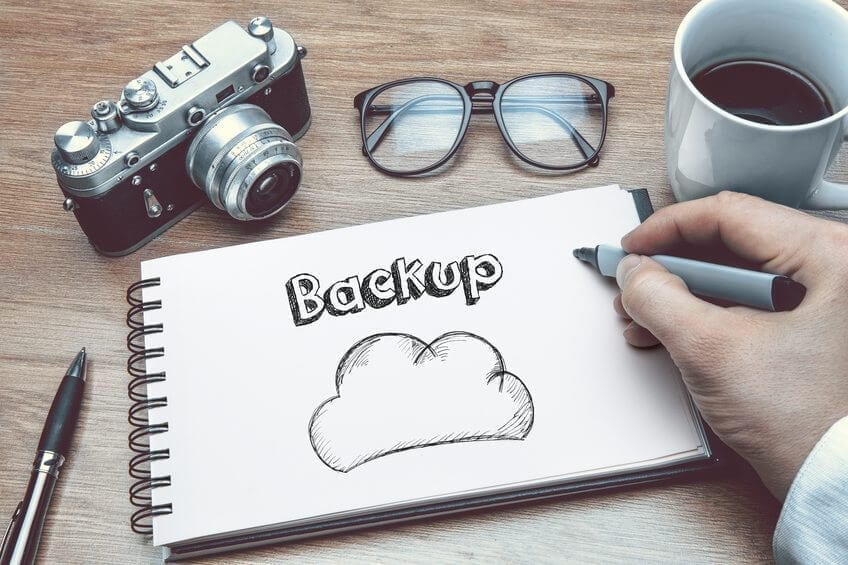With the recent earthquake registering 7.8 on the Richter scale and plenty of aftershocks to go around, this got us thinking about backups and how well our clients’ businesses are covered in the event of a major disaster.
When the devastating Christchurch earthquake hit and most of the CBD was cordoned off, it was those businesses that had a good disaster recovery plan in place that were able to carry on at another location and survive.
This made us think of Synthesis Marketing, who we helped out prior to the events of last week. When we first spoke with them, their initial thoughts were, “We’re fine; all of our data is in the cloud. We can work from anywhere!” While that was fantastic to hear, like a lot of companies, Synthesis Marketing also had local file storage on a server in the back room which contained a range of files critical to their business.
They had a backup system in place in the form of a USB drive plugged into the back of their server. Data copied across daily, so in the case of a hardware failure this is good protection and very handy as well for restoring a file that’s been accidentally deleted.
So far, so good.
Our next questions were, “How does this stack up when there is a natural disaster like an earthquake or a fire that restricts – or worse – removes access to your building?” And, “Can you get your business up and running without those files?”
The answer to that last question was no; not if the backup is on a hard drive in the office. So put simply, the business would be stuffed! What’s worrying is we’re finding that many companies are still using hard drives, though they think they are in the cloud.
We’ve been selling cloud solutions to our clients from the day we started because we know the cloud fixes a lot of issues, including this one.
We implemented a cloud backup for Synthesis Marketing’s server. Like their USB stick solution, this backup runs daily but instead of backing up to an onsite device, the data is sent securely over the internet to our data centre in Auckland. This not only gives Synthesis Marketing a backup of their data, it also means they’re not reliant on accessing a USB drive in the event of a disaster. There is additional piece of mind knowing our data centre is in a totally different part of the country too.
We highly suggest you talk to your IT team and make sure your business has a good backup and restore process in place. If you need a hand or want to know more about how this works or what it costs, just give Cloud Edge a call. We’d be more than happy to help you out.



